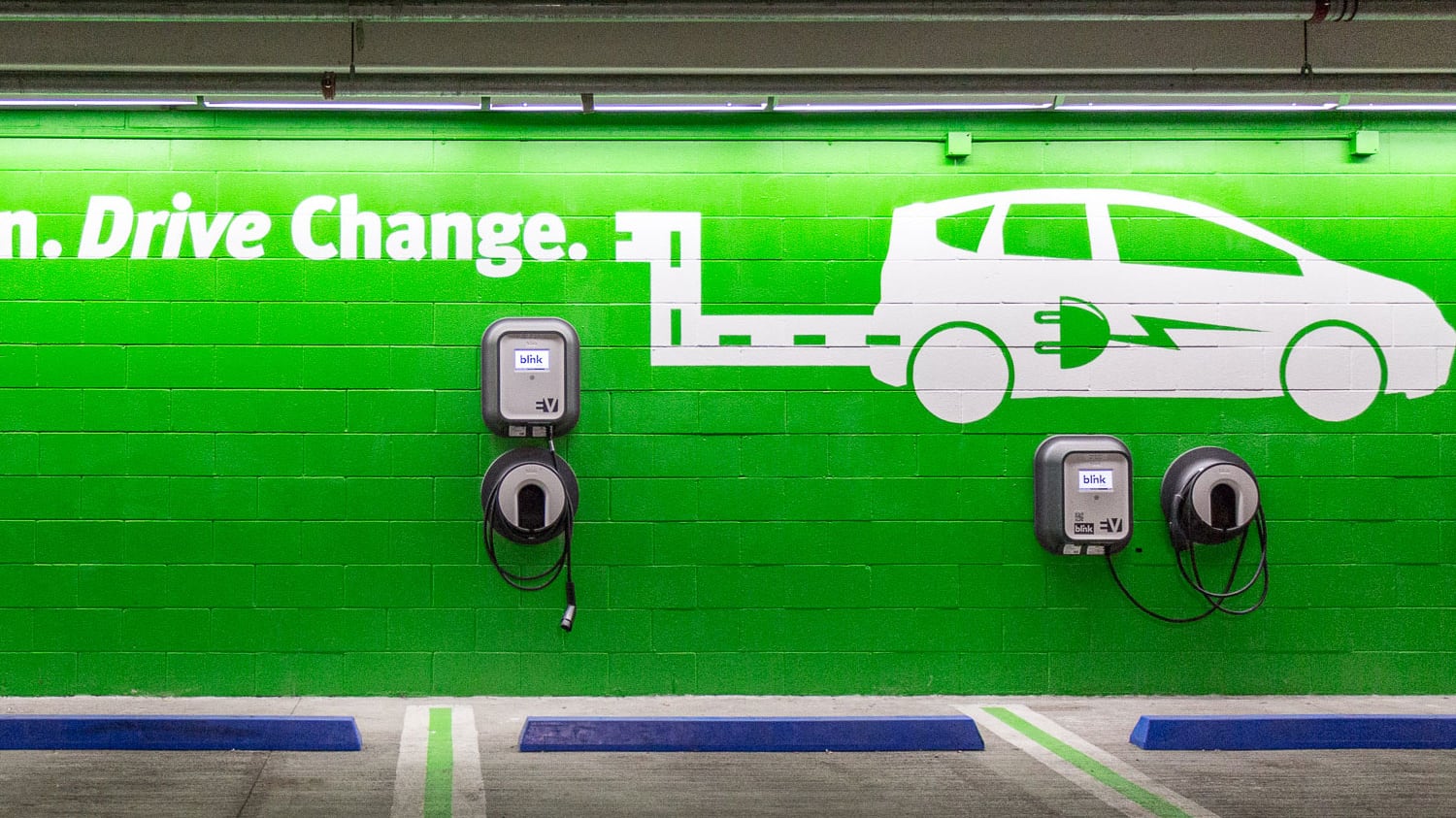Oregonians had purchased 31,977 all-electric vehicles before President Joe Biden gave the industry a big boost last week.
Biden and Senate leaders pledged 500,000 new electric vehicle charging stations by 2030, and the president signed an executive order aimed at transitioning the federal government's fleet to all-electric vehicles.
Easier said than done, as Oregon can attest.
In November 2017, Gov. Kate Brown issued an executive order of her own calling for Oregonians to have 50,000 all-electric vehicles on the road by 2020.
Although national surveys of electric vehicle ownership, infrastructure and incentives place Oregon in the top handful of states, progress toward Brown's goal has been modest.
As of Feb. 1, the state had achieved just over 60% of her target: 31,977 electric vehicles—about twice the number Oregonians owned when Brown issued her order.

The Oregon Department of Administrative Services, which manages the state's automotive fleet, hasn't made as much progress: It owns 4,100 vehicles, but just 41 are fully electric, according to DAS spokeswoman Andrea Chiapella.
That's a sliver of the 4.2 million registered vehicles in Oregon, according to state figures. Of that total, 3.1 million are passenger vehicles.
Transportation is the largest source of emissions in Oregon, and policymakers believe switching to electric vehicles will be crucial to meeting the state's goal of reducing emissions to below 75% of 1990 levels by 2050.
A report DAS submitted to the Legislature last month spells out some of the roadblocks standing in the way of Brown's order. Chief among them: Charging infrastructure is expensive and challenging to install.
In addition, Chiapella says, the state replaces only about 10% of its fleet each year and has faced limited choices on the car lot. "Until very recently, only the Nissan Leaf and Chevy Bolt offered viable options for state fleets for full EVs," she says. "With their smaller size, they don't fit all state business applications."
Since Brown's original executive order, lawmakers have gradually put legislation and funding in place that will help build out the necessary charging infrastructure, including a project slated this summer to add 300 EV charging spaces in Salem. Brown is asking them to do more in 2021.
"Oregon is making good progress, but we need faster acceleration to meet our goals," Brown's spokeswoman Liz Merah says. "That is why Gov. Brown introduced House Bill 2165 to extend Oregon's electric vehicle rebate program and facilitate utility investments in much-needed transportation electrification infrastructure."

